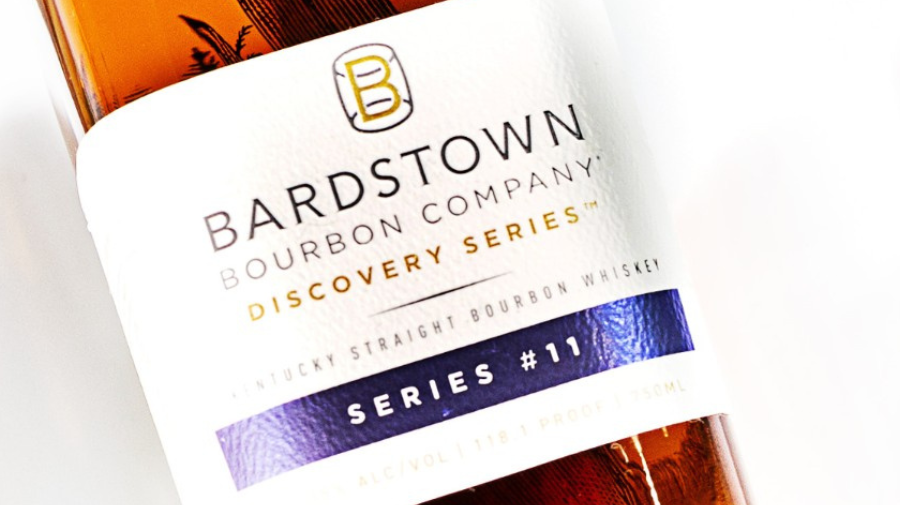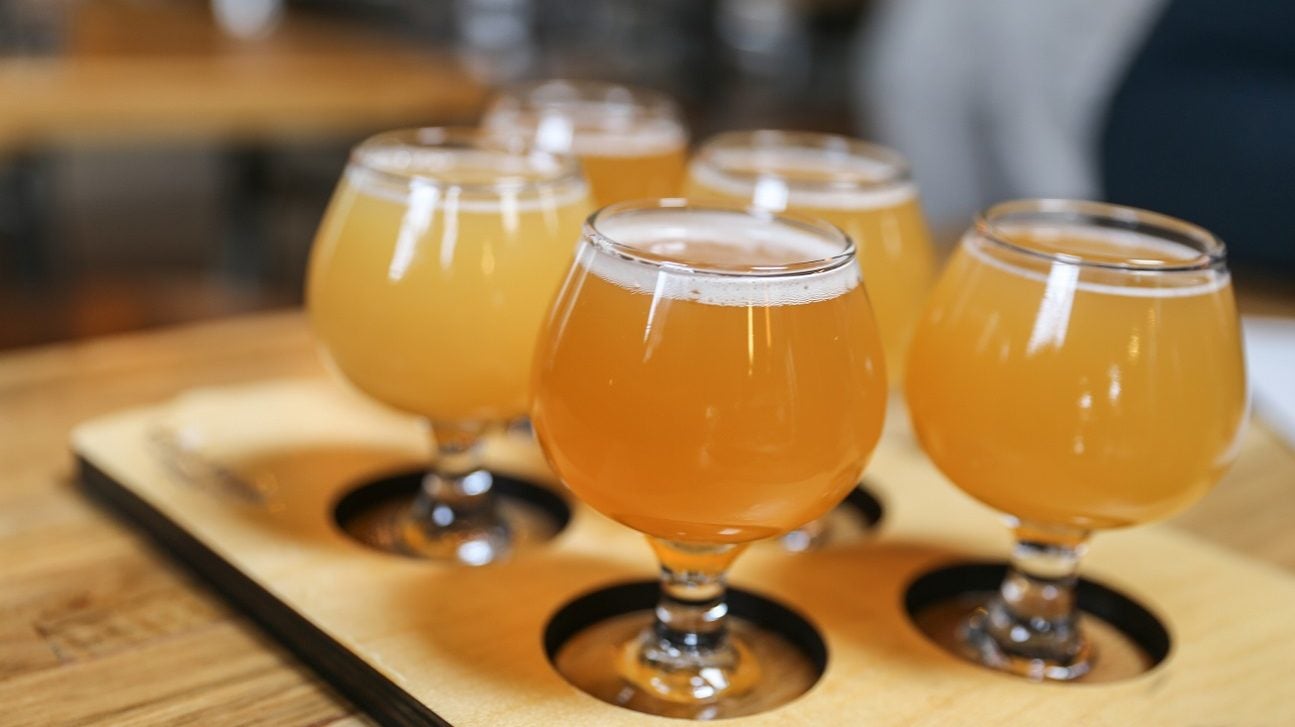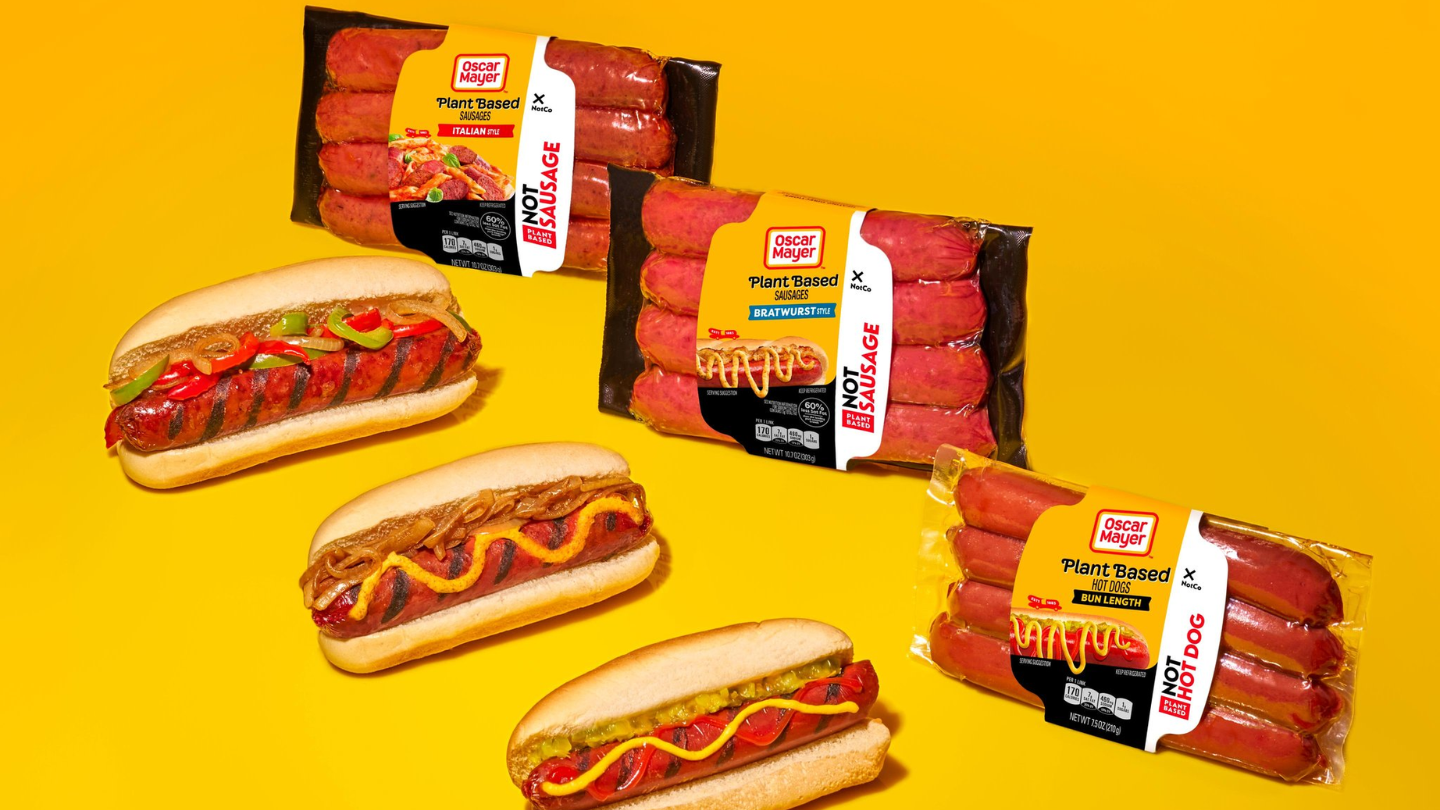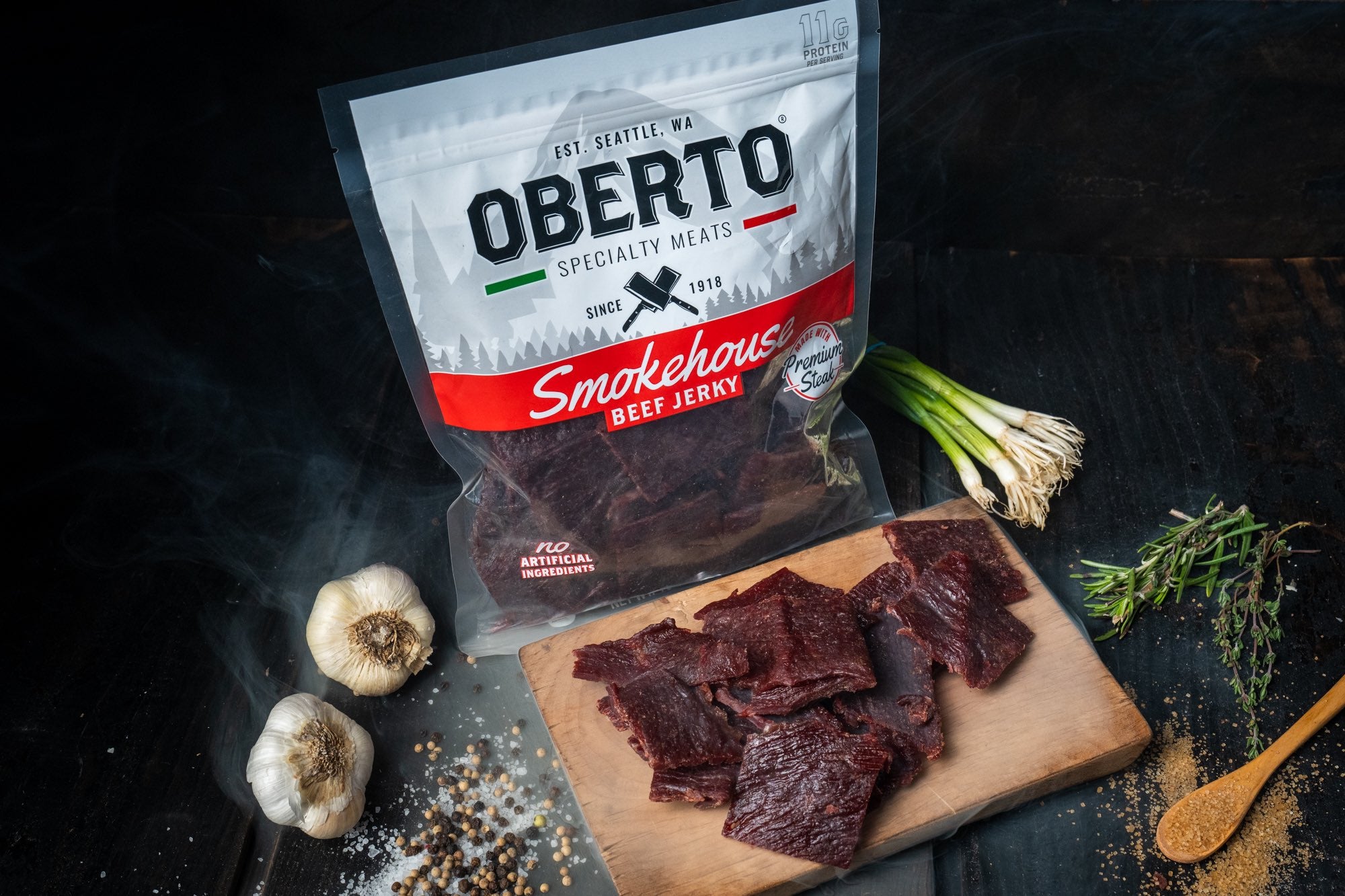
Consumer DECODED
Previous edition: 14 May 2024
Share article
Get the full version straight to your inbox.
Exclusive access to our best-in-class data & intelligence
Subscribe now
“Spirits has had a bit of a mean reversion. We're very optimistic” - Bardstown Bourbon Co. talks prospects for growth
New company president Pete Marino on his plans for the US whiskey contract distiller and brand owner.

Former Molson Coors executive Pete Marino this month took the helm at US whiskey maker Bardstown Bourbon Co.
Marino had already been doing business with Bardstown Bourbon Co.; the Kentucky-based distiller had been supplying Molson Coors with whiskey, including for Blue Run, the US company the brewing giant snapped up last year as its first acquisition in spirits.
In an interview with Just Drinks, Marino discusses his plans for Bardstown Bourbon Co., why contract distilling remains central to the company’s model and his ambitions for the whiskey maker’s own brands.
Dean Best (DB): What was your opinion of the business while you were a customer?
Pete Marino (PM): Incredibly customer-centric, creating some of the highest-quality liquid available on the market. Very collaborative, very transparent. They always had ‘our success is your success’ mentality from a customer lens. We looked at a couple other places to think about taking our whiskey to but Bardstown was head and shoulders above any other thing that we looked at when I was at Molson
DB: Has the business still got that contract and relationship with Molson Coors?
PM: It’s actually gotten bigger because Molson Coors bought Blue Run and Blue Run was an existing Bardstown partner as well. The contract element is still the majority of our business. We have three revenue streams: our own brands, contract partnerships – what we got customer distillation – and we have hospitality. Our own brands, Green River and Bardstown, are kind of in their ascendancy and then the workhorse for us is our custom distribution business.
DB: What does Bardstown offer on custom distillation could makes you the go-to partner versus your competitors?
PM: Number one, it's culture. When I say our success is shared by our partners and vice versa, it's part of the cultural DNA of how the company in Bardstown was birthed. We started as a contract partner. The second thing is the product. We make really, really high-quality whiskies that have been celebrated and lauded and recognised around the world. We’re the 2023 IWSC Whiskey Producer of the Year, not only for the work we’ve done on our own brands but also the work we’ve done for our partners.
DB: What are your main priorities to grow sales and profits?
PM: We want to make sure we’re keeping our eye on expanding our contract distillation partnerships. It's the majority of our business. We’ve just added the third still in our Bardstown Kentucky distillery last year. We did that for two reasons: to make sure we've got enough whiskey for our own brands as we continue to grow and scale but the other big part of it is we never want to not be in the contract distillation business. We don’t want to turn away existing customers. We don’t want to say ‘well, we can’t handle your business anymore because we have to move all of the whiskey over to our own brand.’
Number two, we still have a lot of runway to go to fill out the US map from a geographic expansion standpoint. Part of my job is to help scale both of our brands, not only domestically but also internationally. We have two minor flags planted internationally. We've got Bardstown available in the UK in a few locations right now and also in Australia.
The other big part of my job is to help think through some M&A opportunities. We are blessed to have a great partner in Pritzker Capital. Pritzker started by buying Bardstown and then they helped us buy Green River. We will make some other brand investments and we will also look for other M&A opportunities to plug into our platform.
DB: On the custom distillation side of things, what strategic dynamics are at play? Is it too simple to say it’s a stable revenue source that helps you fund your own brands?
PM: Whatever profitability we get from any part of our business allows us to reinvest money back into our company and that money will be reinvested into our facilities, into expansion, into M&A and into our own brands for sure.
DB: Put it another way, how would you describe the growth prospects for custom distillation? Is it a steady year-on-year mid-single-digit growth?
PM: Well, as I mentioned, we made a big investment last year by adding a third still into our Bardstown distillery. We did that because the business had been growing pretty rapidly. There is more competition coming online right now in the state of Kentucky and elsewhere, so we do think the growth rate will moderate a bit, because there’s more supply. There was more demand and supply. Now, we think they’re going to come into a bit more balance.
But we also feel we are in a very unique position because of our approach and because of our reputation for quality and our reputation for customer service. We’re optimistic about what the future looks like for us from custom distillation standpoint but we’re also not going to take anything for granted.
DB: Looking at the category as a whole, there’s been lots of talk about the US spirits market more broadly, how growth has eased, how consumers perhaps are more choiceful about what they spend. What’s your take on the Bourbon category as a whole and the prospects for it?
PM: I think spirits in general – or I would even probably say beverage alcohol in general – has had a bit of a mean reversion. I think that there was a balancing out after Covid. The market dynamics that were created through and after Covid are not sustainable, so we’re very I think realistic about what that means for beverage alcohol but we’re also very optimistic about what it means for us.
Bardstown has been this tough-to-find, on-allocation brand, that Bourbon enthusiasts were seeking out. We’re getting to the point where we’re going to be able to satisfy more demand for our product, which is going to allow us to expand more geographically, again, both domestically and internationally.
PM: Green River, on the other hand, is, I think, into a very good sweet spot for what consumers are looking for today because it’s line-priced at $34.99. I think the value for the price we offer for Green River is exceptional. I do think some of the brands that were in the super-premium end of the business that were basically straight-lining their trends coming out of Covid, they've got some they’ve got some things that need to rectify. That’s not the situation we found ourselves in.
DB: Outline the distribution the brands have got and their proposition compared to the other brands in US whiskey.
PM: When you think Bardstown, it’s all about the art of blending. It’s about innovation. It’s about transparency. We've got the opportunity and the privilege to work with some unbelievable collaborative partners. We just announced our newest collaboration with an Indian whisky [with Amrut Distillery]. We do things at Bardstown that are neat and innovative. The place we want to hold in whiskey drinkers minds [is] about being collaborative, innovative, unique, and distinctive.
Green River is the exact opposite in some ways. As Bardstown is new and innovative, Green River is authentic and historic and been around for almost 150 years.
We think about [distribution] from a home backyard and beyond standpoint. We want to make sure we’re really relevant and strong in our home, which is Kentucky. Obviously, [it’s] one of the most competitive Bourbon markets in the country, as you would imagine, given it’s the birthplace of Bourbon, but we are performing very well in Kentucky.
Then when you’re looking at neighbouring states and start to push out from there: Michigan, Ohio, Illinois. Then beyond that, we’ve got a nice business in Texas, in Georgia, in Florida. Where we show up, we’re doing very well and we’re trying to figure out what the right pace and expansion is beyond that.
DB: What are what are your annual sales? What kind of growth rate overall are you looking for in 2024?
PM: As a private company, we don’t give out that specific information. I would say our business is healthy and, again, I would just tell you that we are optimistic about our business plans in this year and then the outlying years.
We’re doing a little bit of renovation in our route to market. When we started, we, by design, wanted to a big fish in a small pond. We were looking for distributors that didn’t have big whiskey books and that could provide us a little bit more focus and attention. Now we’re getting to the place where we’re kind of graduating beyond some of those smaller outfits and we’re trying to upscale and uplevel our ability to have a route-to-market partner that can grow with us.
I’m here in downtown Chicago right now because we’re about to meet with Breakthru, which is a new relationship for Illinois. We’re expanding into to Nevada with them as well. Breakthru I think is the third-largest spirits distributor in the country. They’ve got the ability to grow with us in a very unique way. We are looking at our route-to-market right now, much like we’re looking at everything to make sure that we are really fit to fight in our future and that we're going to be able to be a disruptive whiskey company for the next 20, 30, 40, 50 years.
DB: When do you think that distribution review will be completed?
PM: It is ongoing right now and it probably won't really be completed until we're fully national and distribution, which will probably be another two-plus years.
DB: Turning to international markets, when did you launch into the UK and Australia?
PM: Last year.
DB: What are your plans specifically for the UK and in Australia?
PM: I think we’re really just in London and the surrounding areas and really just in very specific high-end locales. I would describe it as we’re really just planting seeds. It’s very early days. We want to be present for whiskey enthusiasts in both of the markets but, at some point, we’re going to keep watering those seeds and hopefully they’ll grow into nice flowers for us.
DB: When do you anticipate you could perhaps look at other countries?
PM: A little too early to say. We've got an international discussion in the next couple of months to see how we want to continue to expand internationally but we’ve still got a lot of work to do in the US.
DB: When you launch brands into new markets at home or abroad, is it an on-premise play first?
PM: Historically,when you launched into new markets in beverage alcohol, you wanted build in the on-premise first and that’s where people had the opportunity to really sample your product. Covid changed all that and so I think now when you launch new markets it’s as much about the off-premise as it is about the on-premise.
The importance of chain accounts from an off-premise standpoint, whether it’s Total Wine & More or a lot of the big supermarkets where they can sell spirits, those are as important as they’ve ever been, and that was really something that happened coming out of Covid. So, for us, it’s really both-and.
DB: M&A is on your to-do list when you joined the business. What attributes does a target have to have for you and your private-equity backers to be interested?
PM: Momentum, a path to continued growth, something that we can see that can become scalable and profitable. We’re really looking at right now in brown spirits. We might move beyond that in the future but we’re really focusing in continued on brown spirits still.
DB: Are there different segments within brown spirits that could interest you specifically?
PM: Yes, there are but I'm not going to elaborate.
Latest news

Lost in a haze: North American craft beer searches for mojo
The once-dynamic North American craft beer market is now stagnant. A lack of innovation in a sector awash with hazy IPAs has been blamed but what, Stephen Beaumont wonders, might come next.

In data: Lactalis eyes alt-milk demand in Canada
The world’s largest dairy group is rolling out a range of plant-based milk alternatives in the Canadian market.

“We are seeing more and more scaled assets that have been built the right way” - Manna Tree Partners' Steve Young discusses the investment climate
Young tells Just Food the US-based investor is “pretty bullish on the years ahead”.

Kraft Heinz ‘explores interest' in Oscar Mayer sale
The sale could bring in between $3bn and $5bn, according to the Wall Street Journal, which cited people familiar with the matter.

McCain to invest in potato production in France
McCain said it aims to step up its investment and presence in France with the project and “anticipate the future needs of the French market”.

Premium Brands' Canada volumes return to growth but remain under par
The North America-centric business continues to experience shortages of lobster, weighing on its PFD volumes.
In our previous edition

Consumer Decoded
Why have orange juice prices soared?
13 May 2024

Consumer Decoded
“There's no silver bullet to the on-premise in the UK” - SIBA CEO on the UK indie brewing scene
10 May 2024

Consumer Decoded
Reining in the punks: What BrewDog's new CEO means for the UK brewer
09 May 2024
Newsletters in other sectors
Aerospace, Defence & Security
Banking & Payments
Construction
Foodservice
Medical Devices
Travel and Tourism
Search companies, themes, reports, as well as actionable data & insights spanning 22 global industries
Access more premium companies when you subscribe to Explorer


